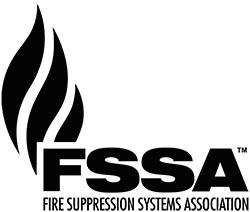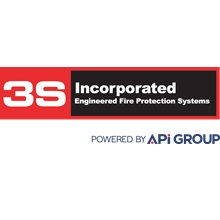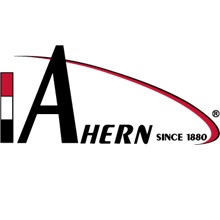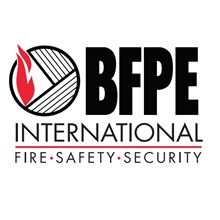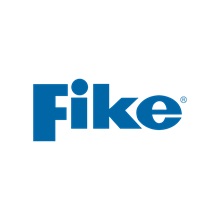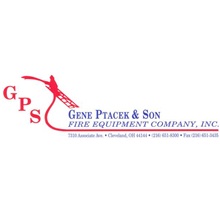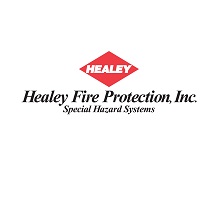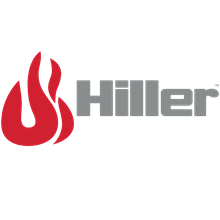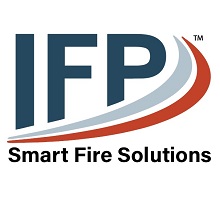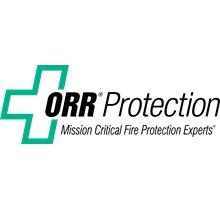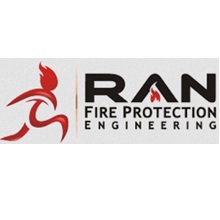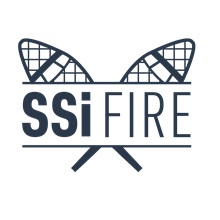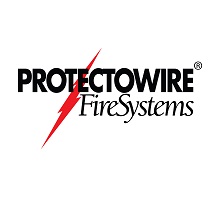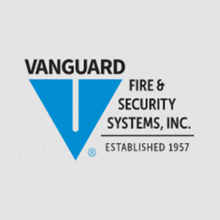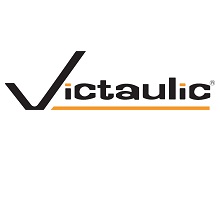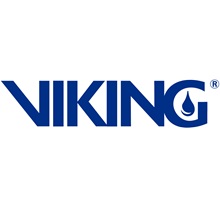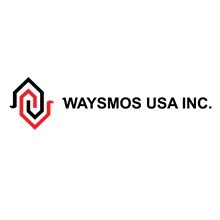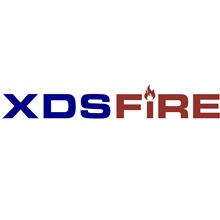NFPA 855 Partnering with AHJs to Implement Local Codes
What's next out there? Obviously Lithium Iron Phosphate (LFP) batteries are a big thing. Lithium iron phosphate batteries and hydrogen fuel cells, I'm told, are the next big things. Hopefully new firefighting mediums and tools. New fire and life safety systems that are coming online. We're changing a lot of lead acid batteries to lithium ion batteries. I got a facility out here in Phoenix that did this without permits and now they're trying to go back and figure out how to make it work. We're also seeing a lot more facilities instead of going to lithium ion, and are going to lead acid again. Especially if they just needed to get that gap between when they lose power and when the generators kick on. A lot of times lead acid can actually be really beneficial to them and it's not as stringent code-wise.
What should we be doing for data centers when they want to change out the lead acid batteries to lithium ion?
Talk to your local AHJ as soon as possible because if they've got a standard sprinkler system, maybe a 0.5, depending on how it was built and you have to come up, in Phoenix, to a 0.6, you're talking about new piping and a lot of upgrades to that sprinkler system. The earlier that we can have a discussion, the earlier we can determine maybe that's not the best plan, or maybe instead of switching it out inside the building, we put it outside and in non-occupiable cabinets. Once again, the sooner you can come talk to me or come talk to that local AHJ the better because like I said, I have one that did this exact same thing, and they just didn't know any better. I wish they would've received better advice from whoever installed it. Now we're trying to figure out how to make it work. Because their sprinkler system is very old, it does not and cannot meet 0.6 the way it's installed. So, we have to basically redo the entire system, which is very, very costly.
Other things I'm also seeing: a lot of generators going from diesel to lithium-ion batteries. Now we get rid of the diesel and a lot of environmental and federal regulations. Also, battery fire pumps. We're starting to see a lot of those coming online. Parking garages. Can they support the weight of the electric vehicles? Parking garage failure in New York City, that's one of the questions; did they have electric vehicles? Because electric vehicles are probably twice the weight of a normal car. So, did that add to that collapse of that parking structure? I don't know. Spring assistant design, you know, charging stations, that's a big one for us. And then, what happens when they're on fire?
This is all the stuff that we're currently trying to figure out for the next editions and we don't know what's next. Let's start that conversation on all of the new technologies. We need to try to be as transparent as possible. I understand proprietary, but open conversations, creating partnerships, that's what this is all about. We should be looking at this as a team, trying to come up with solutions to be able to be successful and get these things installed and have the fire department, have the city, have the public, have a sense of comfort, understanding that we've gone through all of the different boxes and checked them all off and we've done as much as we can to make them as safe as possible. And we can't do that unless we work together.
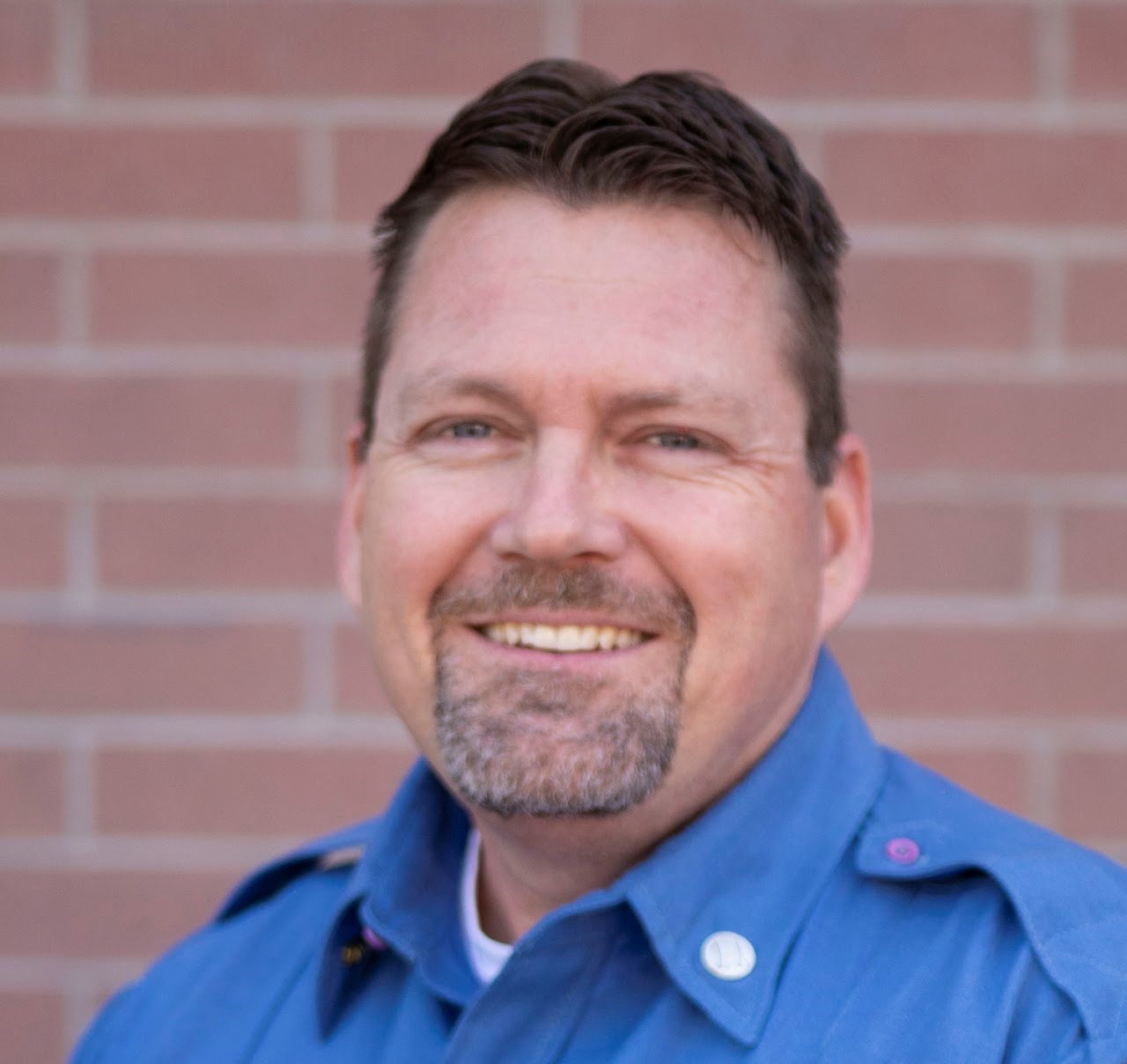 FSSA Series Presented by: Brain Scholl, Deputy Fire Marshall of the Phoenix Fire Department
FSSA Series Presented by: Brain Scholl, Deputy Fire Marshall of the Phoenix Fire Department
As a Deputy Fire Marshal that has seen the impact of ESS fires and incidents as well as a member of the NFPA 855 committee, Brian will share his perspective on how the code was developed, highlight lessons learned from serious ESS incidents, and how the code should be interpreted and applied. Brian Scholl is a Deputy Fire Marshal with the City of Phoenix Fire Department. Throughout his 22-year career, Deputy Fire Marshal Scholl has worked in many roles to include being the Public Information Officer and managing the Special Hazards Unit. This highly trained inspection unit inspects and permits any facility that stores, handles and uses hazardous materials including lithium ion batteries. Brian also serves on many different code technical committees to include NFPA 855, the standard for the Installation of Stationary Energy Systems and NFPA 420, the Standard on Fire Protection of Cannabis Growing and Processing Facilities.
Members are hearing more from Brian first-hand at the FSSA 2024 Annual Forum this weekend in Phoenix, AZ.
Looking for more education on this topic? Videos are continuing to be added to the FSSA NFPA 855 Standard for the Installation of Stationary Energy Storage Systems Series playlist on YouTube. Subscribe to the FSSA channel for updates. Not an FSSA member? Join today and your entire company gains access to the FSSA Annual Forum, publications and communications, complimentary webinars, discounted training programs and more!
Take advantage of the FSSA new member promotion for Installers, Manufacturers, and Suppliers. This one-time introductory membership price is valid for any new member company or returning member company that has not been active in the last three (3) consecutive years.
